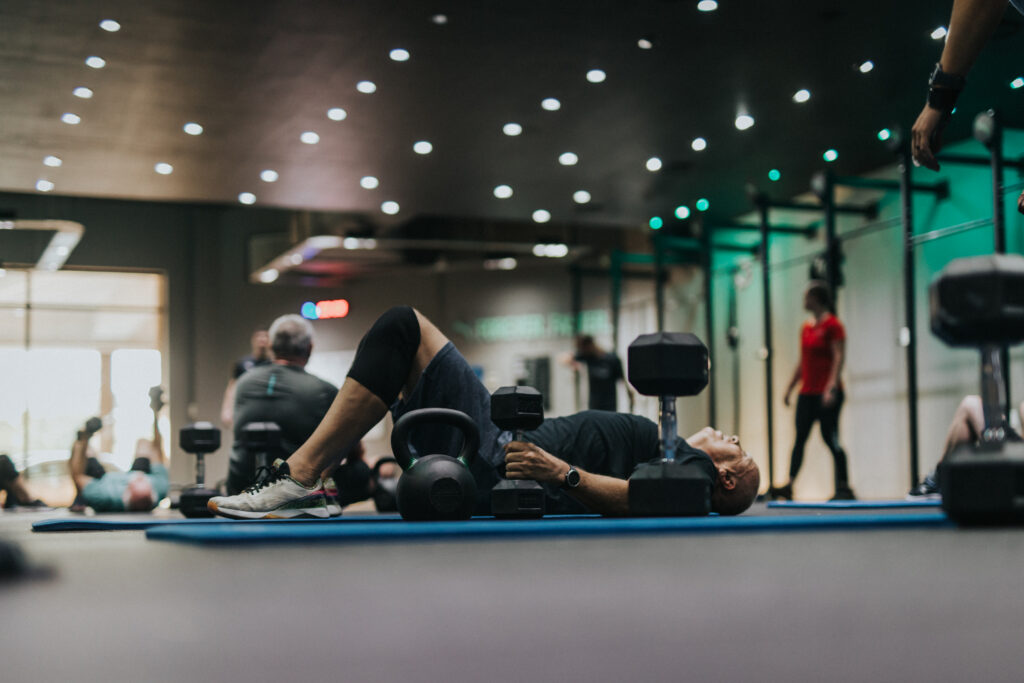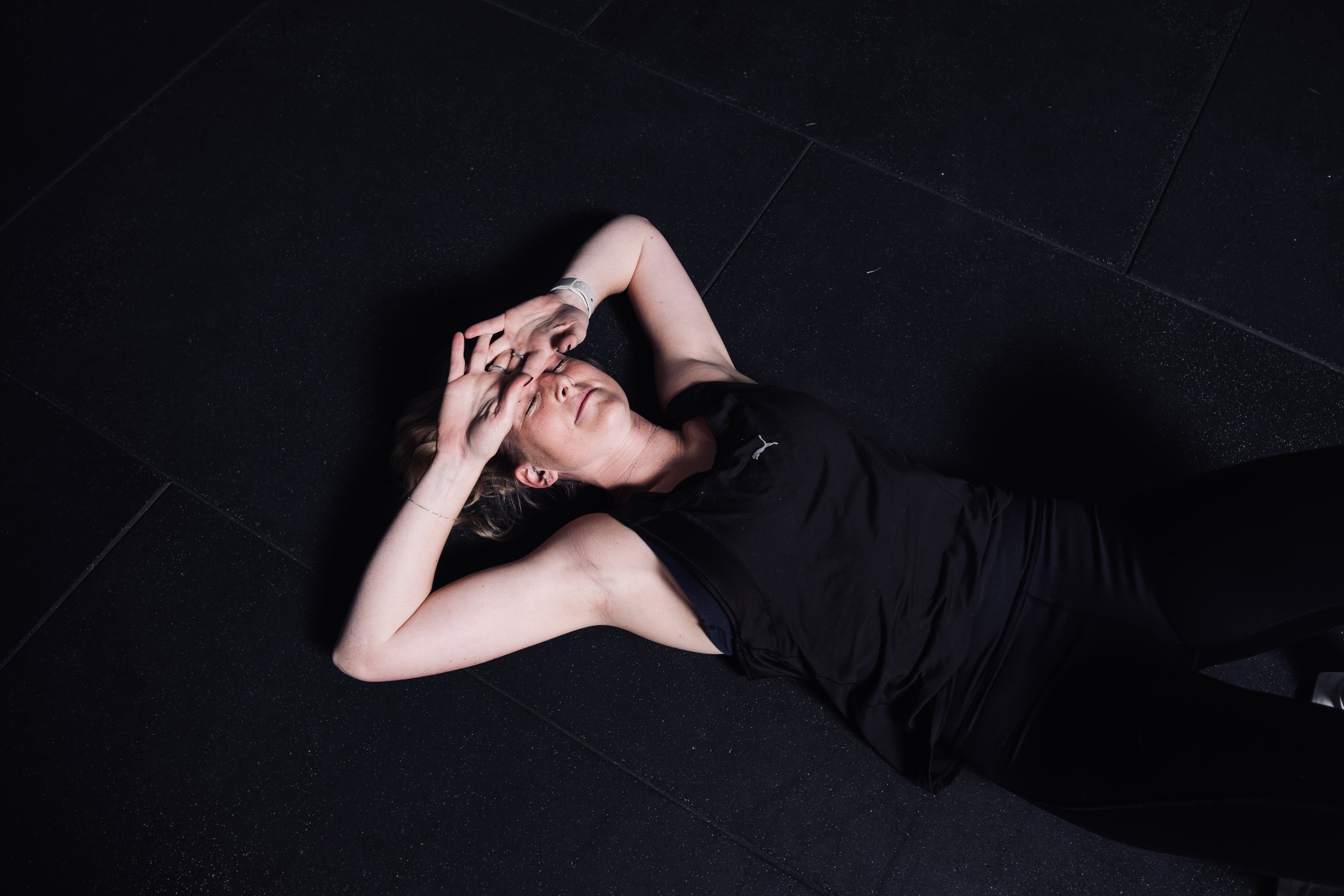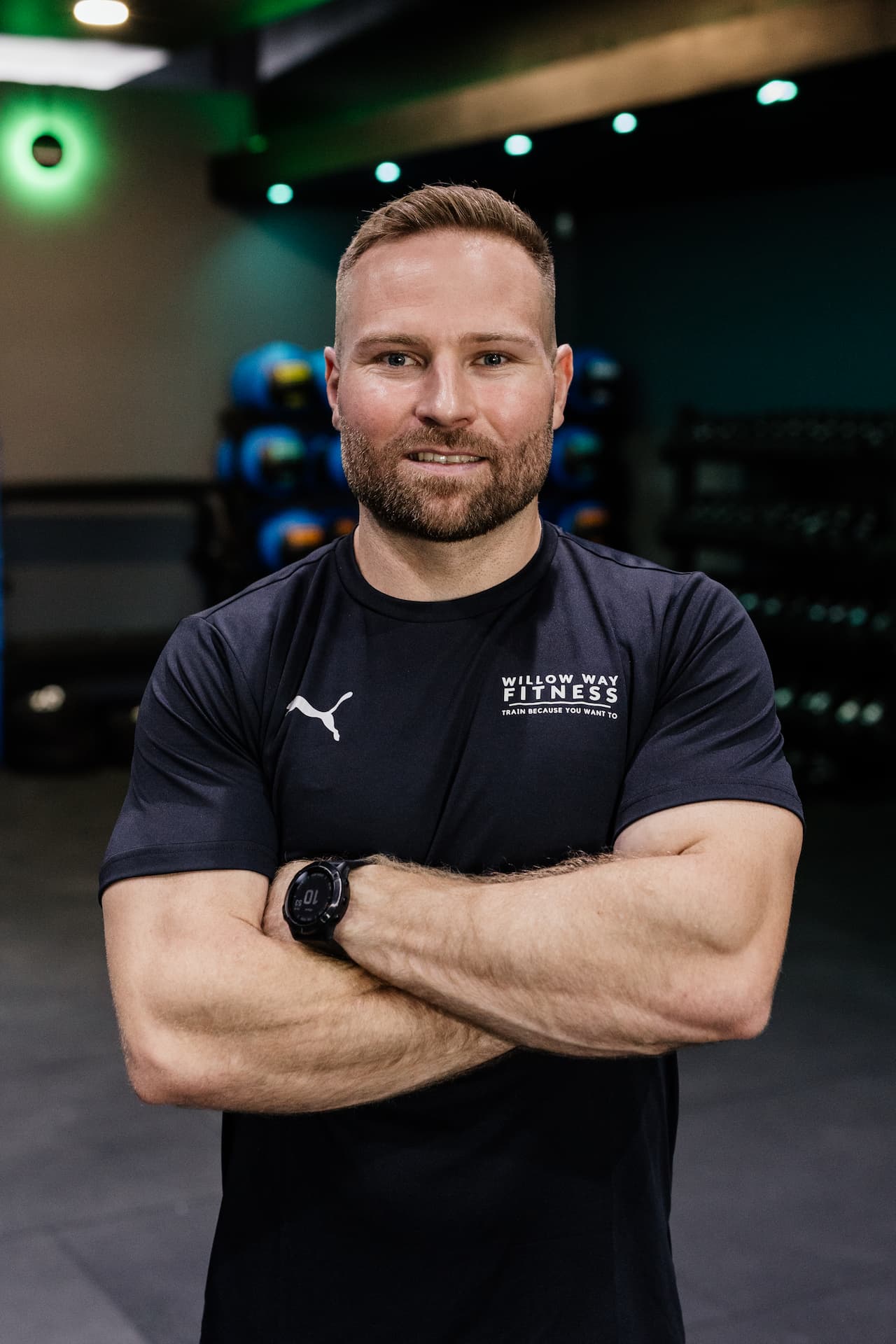Training shouldn’t be your whole world. It should be a component that enhances your world.
I’m not saying you shouldn’t train hard. I love training, and I love pushing myself. But I see so many people getting sucked into a black hole of continuous stress, never finding a way out.
They train harder and see less improvement. They put in more hours, burn more calories, but end up picking up weight. They spend an extra 30 minutes warming up because they’re dealing with endless niggles and small injuries.
And the thing is, they’re not even fit. Or at least not how I’d define it. If you can lift heavy and do bar muscle-ups but you don’t have the energy to play with your kids or be present with your friends and family, are you really fit? That’s a question I ask myself often. Is the pursuit of trying to be fitter benefiting or taking away from the person I am to my family and friends?
Real fitness means you’re functional inside and outside the gym. It’s about more than what you can do in a workout. If you’re underperforming in either area, it’s a sign something’s off.
If you’re struggling in the gym, maybe you need to train harder or smarter. It’s not that complicated, but it’s hard work.
But if you’re always tired or you’re not able to be present with the people around you, maybe it’s time to take a step back and really think about your priorities.
For most of you —me included — training isn’t your job. You’re not professional athletes. You’ve already got work, family, and relationships — all of them adding stress to your life. So why pile on even more in the gym? Training should make your life better, not worse.
And that’s the missing piece for so many people:
It’s not about how much you do. It’s about how much you can recover from. Because that’s the real equation:
Stress + recovery = results.
My wife and I have been watching Yellowstone lately, so I thought this example would be fitting: A farmer can only harvest what the land has time to grow. Overworking the soil doesn’t produce more crops – it just ruins the field. Training is the same: work hard, then let the body recover so it can grow stronger.
But here’s what I see more often:
- Work = stress
- Training = stress
- Relationships (friends, family, even food) = stress
So you’re hammering away, but there’s no nail left to hit.

So what can you actually do?
- When you’re in class, remember that not every session needs to be an all-out effort. Use the colour options to guide your intensity – push on days you’re ready to push, and pull back on days you need to recover. Just keep showing up.
- Walking is the most underrated form of exercise. I aim for 15km a week – usually short walks of 2–3km with my family. It’s easy to fit in and great for recovery.
- If you want to add more volume, think about Zone 2 work: runs, bike rides, or swimming. It’s easier on your body, builds your engine, and won’t leave you feeling crushed.
And remember, progress isn’t just about the weights you lift or the times you beat. It’s also about better sleep, fewer injuries, and more energy to show up for the people who matter to you.
The next time you’re in the gym, ask yourself:
Is this adding to my life, or taking away from it?
Let me finish off where I started:
Training should be a component that enhances your world. But it must never become your world.




